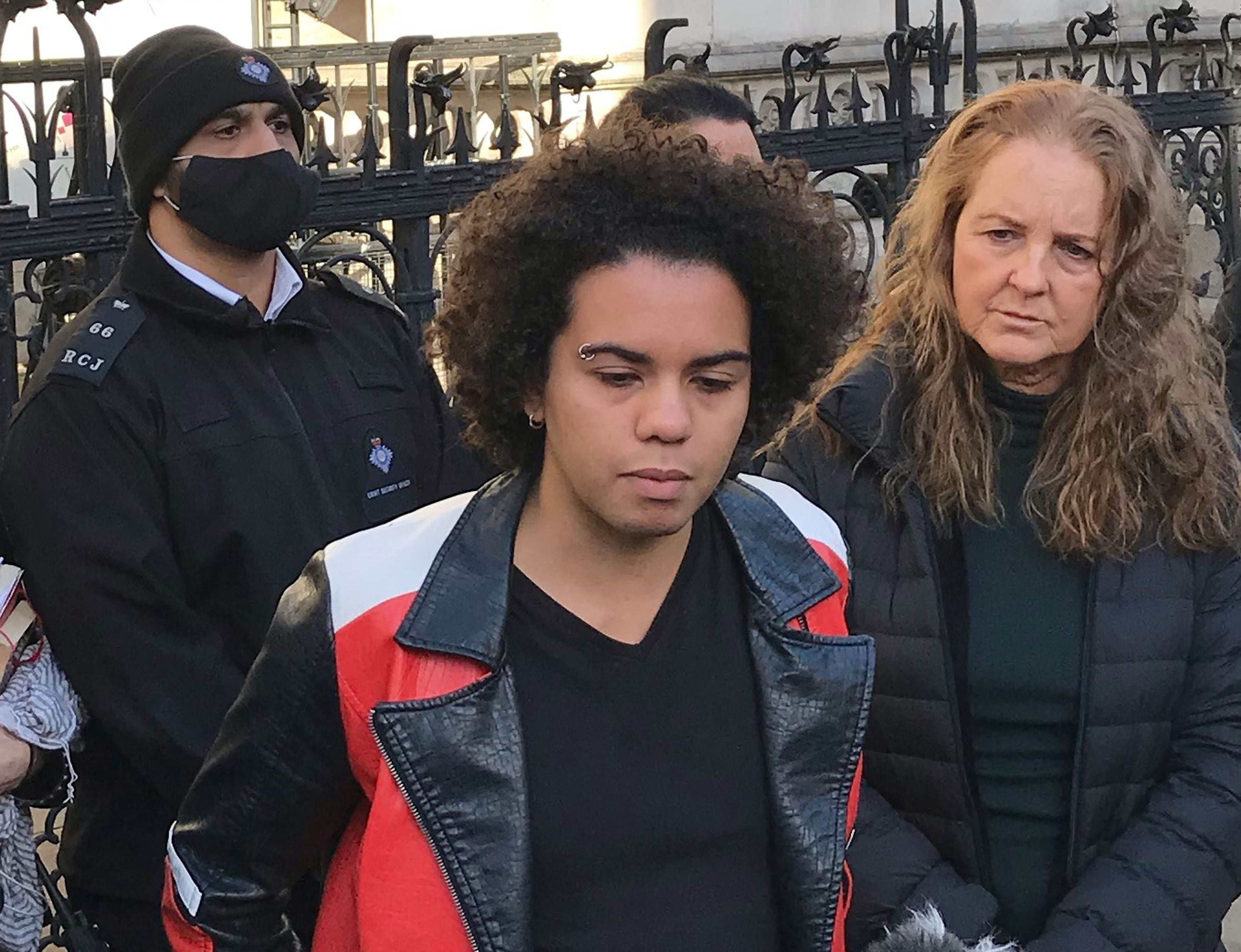NHS trust wins appeal over teen puberty blockers ruling
Doctors can now determine whether their young patients with gender dysphoria can consent to treatment

Your support helps us to tell the story
From reproductive rights to climate change to Big Tech, The Independent is on the ground when the story is developing. Whether it's investigating the financials of Elon Musk's pro-Trump PAC or producing our latest documentary, 'The A Word', which shines a light on the American women fighting for reproductive rights, we know how important it is to parse out the facts from the messaging.
At such a critical moment in US history, we need reporters on the ground. Your donation allows us to keep sending journalists to speak to both sides of the story.
The Independent is trusted by Americans across the entire political spectrum. And unlike many other quality news outlets, we choose not to lock Americans out of our reporting and analysis with paywalls. We believe quality journalism should be available to everyone, paid for by those who can afford it.
Your support makes all the difference.The Court of Appeal has overturned a controversial ruling that found those under 16 were unable to give informed consent to receive hormone-blocking drugs that can delay the onset of puberty.
The success of the bid means that doctors can now determine whether or not to prescribe puberty blockers to young patients with gender dysphoria – the sense of unease that a person may experience due to a mismatch between their biological sex and their gender identity.
The appeal overturned a 2020 High Court ruling which found it was “highly unlikely” that children under 13 could consent to a hormone-blocking treatment that delays puberty.
Similarly, the court said it was “very doubtful” that teenagers aged 14 or 15 would be able to understand the long-term consequences of consenting to the treatment.
The appeal was launched in June by the Tavistock and Portman NHS Trust, which runs the UK’s only gender identity development service for children.
In the ruling, the Court of Appeal found that the guidance issued by the High Court was inappropriate and determined that doctors should be able to use their expert judgment to decide whether their patients can properly consent.
The Lord Chief Justice Lord Burnett, alongside Sir Geoffrey Vos and Lady Justice King, ruled: “The court was not in a position to generalise about the capability of persons of different ages to understand what is necessary for them to be competent to consent to the administration of puberty blockers.”
The High Court’s ruling “placed patients, parents and clinicians in a very difficult position”, the judges said.
The original case was brought by two women – Keira Bell, a 24-year-old woman who began taking a hormone-blocking treatment when she was 16, and later “detransitioned”, and “Mrs A”, the mother of an autistic teenage girl who is currently on the waiting list for treatment.
Ms Bell received her hormone treatment from the Tavistock gender identity development service, and previously told the BBC that she felt she should have been challenged more about her decision to transition.
“I should have been challenged on the proposals or the claims that I was making for myself,” she said. “I think that would have made a big difference ... if I was just challenged on the things I was saying.”
During the two-day appeal, the NHS trust’s lawyers argued that the High Court’s ruling was “inconsistent” with the long-standing concept that teenagers and children may be able to consent to their own medical treatment. This line of thinking follows a 1980s appeal over access to birth control pills for those under 16 years of age.
Jeremy Hyam QC, representing Ms Bell and Mrs A in the appeal, argued that policies and procedures at the Tavistock and Portman NHS Foundation Trust “failed to ensure, or were insufficient to ensure, proper consent was being given by children who commenced on puberty blockers”.
The court heard that the Tavistock and Portman NHS Foundation Trust does not, itself, provide puberty blockers, but refers patients to the University College London Hospitals Trust, and the Leeds Teaching Hospitals Trust, who then directly prescribe the hormone-blocking treatments.
Within the appeal, John McKendrick, QC for the University College London Hospitals and Leeds Teaching Hospitals NHS Trusts, told the court that the median age for consent to puberty blockers among young people was 14.6 years old for those attending the London trust, and 15.9 years old for Leeds.
Liberty, the human rights group, which intervened in the appeal, welcomed the court’s decision.
Director Gracie Bradley said: “This ruling is a positive step forwards for trans rights in the UK and around the world. As the court has recognised, trans children should be able to choose and receive the healthcare they need on the same basis as all other children.
“This case has implications for trans children not just in the UK, but also all over the world. Other countries had already started using the UK ruling to restrict trans rights – now they must take note of this judgment, too.”
Join our commenting forum
Join thought-provoking conversations, follow other Independent readers and see their replies
Comments